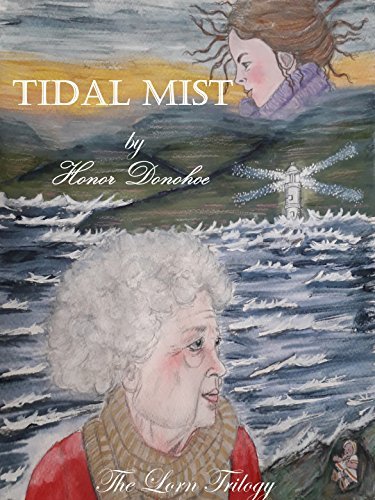
Trespass
Book Description
A shadow looms over a picturesque French farmhouse, where a desperate struggle for survival unfolds. As the echoes of war ripple through the idyllic countryside, characters are forced to confront their deepest fears and ambitions. Visitors become intruders, friendships turn treacherous, and the weight of loyalty tests the bonds of family. Amidst a backdrop of breathtaking landscapes, passion collides with betrayal, igniting a fierce battle for freedom and belonging. In this haunting tale of trespass, whose claim to the land is stronger—the heart or the law? Will the pursuit of refuge lead to salvation or destruction?
Quick Book Summary
"Trespass" by Rose Tremain is a haunting contemporary literary mystery set in the rugged landscapes of southern France. The novel explores the physical and emotional boundaries that define people and property, centering on two sets of siblings whose lives intertwine with tragic consequences. When Anthony Verey, an English antiques dealer seeking renewal, becomes entangled with Aramon and Audrun Lunel, whose derelict family farmhouse holds dark secrets, tensions rise. The novel probes issues of belonging and dispossession as past traumas and present ambitions clash. Through shifting perspectives, Tremain examines how memories, desires, and fears can drive individuals to violate the boundaries—literal and figurative—of others, leading to betrayal, violence, and the ultimate test of loyalty and justice.
Summary of Key Ideas
Table of Contents
The Boundaries of Ownership and Belonging
Set in the sun-drenched Cévennes region of France, "Trespass" weaves together the lives of Anthony Verey, an aging and disillusioned Englishman, and the estranged French siblings Aramon and Audrun Lunel. Anthony seeks a new start, hoping to purchase a rural property that will bring tranquillity and restore his failing sense of self. His sister Veronica lives nearby, her complicated relationship with her partner Kitty mirrored in the tension that pervades Anthony’s journey. The physical landscape—wild, beautiful, and ominously indifferent—serves as both refuge and battleground for the unfolding events.
Family Tension and Betrayal
As Anthony tours Aramon’s decrepit farmhouse, he becomes unwittingly involved in the toxic dynamic between Aramon, a man haunted by guilt and greed, and Audrun, his long-suffering sister whose sense of home and justice is bound to the land. Their past is riddled with trauma and abuse, secrets that threaten to rise as Anthony’s interest in the property deepens. The theme of trespass takes on multiple meanings, from literal invasion of land to the violation of personal histories and boundaries. Vulnerabilities are exposed as hidden resentments and ambitions come to a head.
Memory, Trauma, and the Landscape
Friendships and familial bonds become fraught as loyalties are questioned and betrayals multiply. Veronica, torn between her brother and her lover, faces a crisis that tests the very limits of love and obligation. For Aramon and Audrun, the arrival of the Englishman represents both hope and threat; his desire to buy the farmhouse forces each to confront their deepest fears—and the possibility of escaping the shadow of their shared history. The emotional contours of their entanglement reveal how easily compassion can be upended by suspicion and desperation.
Morality, Justice, and Human Fallibility
Memory plays a crucial role in motivating the characters’ choices. The traumatic events of the past, especially those shrouded in silence or denial, intrude upon the present, ultimately dictating actions and irrevocable outcomes. The scenic French countryside, described with Tremain’s evocative prose, contrasts sharply with the internal landscapes of grief, guilt, and longing. As Anthony, Aramon, and Audrun each pursue their ideas of sanctuary, the question of who truly belongs—and who is trespassing—becomes increasingly complex and morally charged.
The climax arises from a collision of desire and justice: a crime is committed that forces the characters to confront the cost of transgression and the possibility of redemption. Tremain crafts a powerful meditation on the nature of possession, the fragility of family, and the darkness that can lie beneath ordinary lives. Through its layered narrative and haunting resolution, "Trespass" asks if people can ever escape their histories—and whether striving for escape brings freedom or further destruction.
Download This Summary
Get a free PDF of this summary instantly — no email required.





